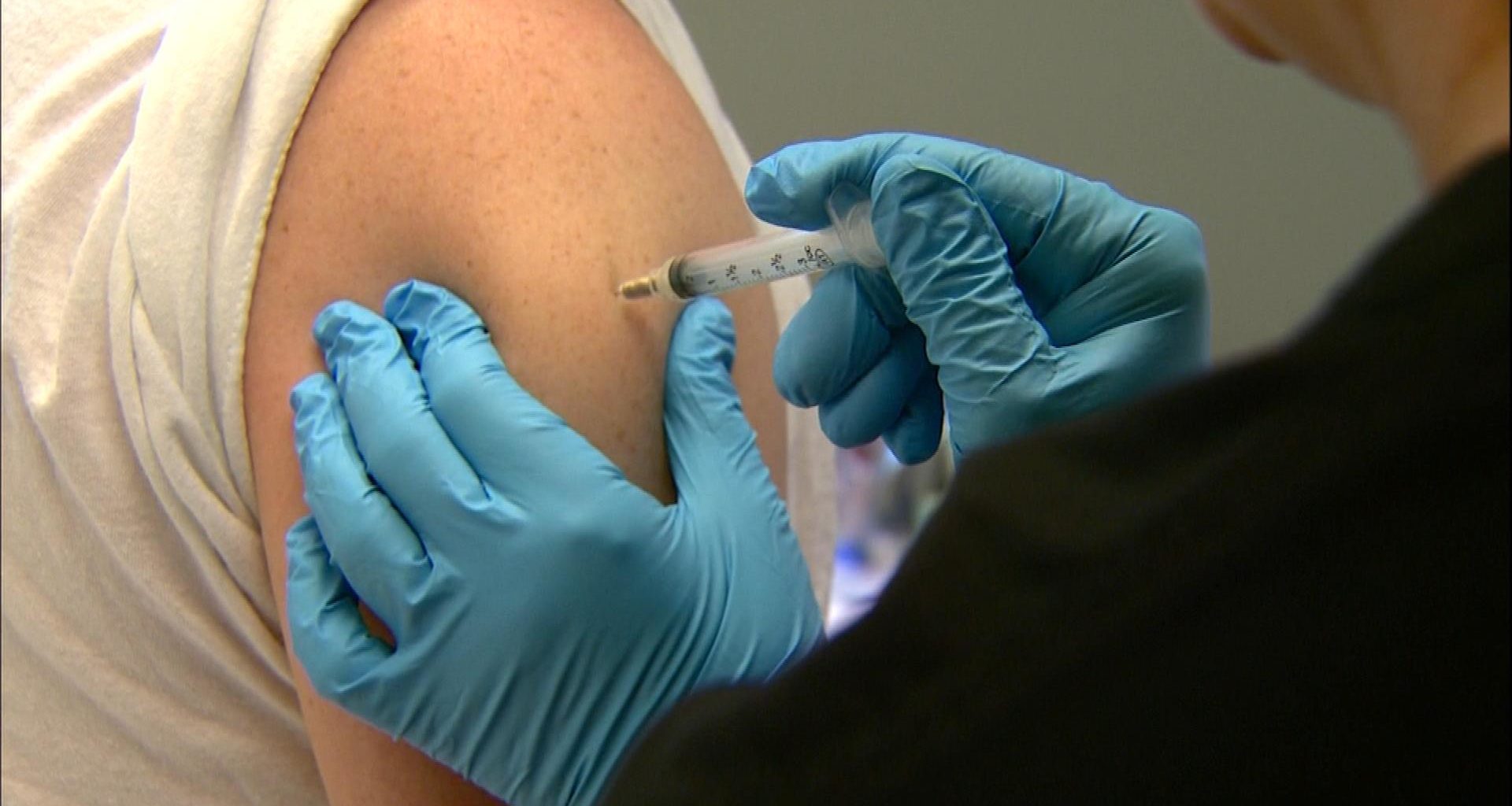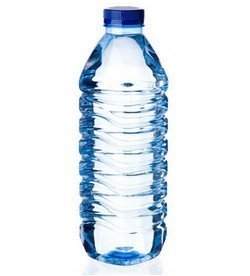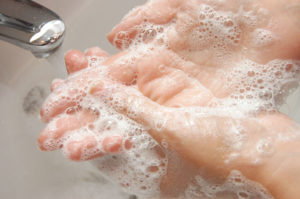Hepatitis A is a liver disease caused by the hepatitis A virus. The virus is primarily spread when an uninfected (and unvaccinated) person ingests food or water that is contaminated with the feces of an infected person. The disease is closely associated with unsafe water, inadequate sanitation and poor personal hygiene.
Unlike hepatitis B and C, hepatitis A infection does not cause chronic liver disease and is rarely fatal, but it can cause debilitating symptoms and fulminant hepatitis (acute liver failure), which is associated with high mortality.
Transmission
The hepatitis A virus is transmitted primarily by the fecal-oral route; that is when an uninfected person ingests food or water that has been contaminated with the feces of an infected person. Waterborne outbreaks, though infrequent, are usually associated with sewage-contaminated or inadequately treated water. The virus can also be transmitted through close physical contact with an infectious person, although casual contact among people does not spread the virus.
How do we prevent from acquiring or transmitting the virus:
Follow safety precautions when traveling
If you’re traveling in regions where hepatitis A outbreaks occur, you can help prevent infection by peeling and washing all your fresh fruits and vegetables yourself and by avoiding raw or undercooked meat and fish. Drink bottled water and also use it when brushing your teeth. Ask for your beverages to be served without ice. If bottled water isn’t available, boil tap water before drinking it.
Practice good hygiene
Thoroughly wash your hands often to help protect yourself from infection. Wash after using the toilet, before preparing food or eating, and after changing a baby’s diaper. Also, don’t share towels, eating utensils or toothbrushes.
Proper disposal of sewage within communities
Every community should have a way of disposing of sewage so that people, animals and flies cannot touch it. This is called a sewage system.
This too could also help save us from getting the virus. Main concern here is that we stay clean as possible. Concurrent disinfection: Sanitary disposal of feces, urine and blood.
Source: who.int/hepmag.com/health.gov.au
Photo credit: aquatemp.com.au/static.guim.co.uk/sys-images/site-images.s3.amazonaws.com/cbsdenver.files.wordpress.com















